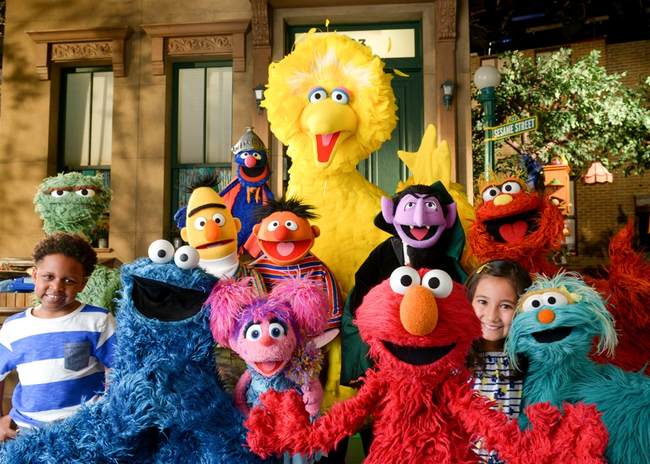
On Monday of this week, President Trump attempted to remove three members of the Corporation for Public Broadcasting’s board. On Tuesday, CPB sued the administration, claiming he didn’t have the right to do that.
At a court hearing Tuesday afternoon, U.S. District Court Judge Randolph D. Moss ordered both sides to file arguments on CPB’s motion for a temporary restraining order that would prevent Trump’s decree from taking effect until the case was fully heard…
Under the law that created CPB more than five decades ago, the president has the authority to appoint members of its board, in consultation with Senate leaders of both parties.
The law does not, however, establish any authority for a president to remove them. As the CPB lawsuit notes, that law does not include the clause common to U.S. government agencies that its board members “serve at the pleasure of the President”…
In a statement, CPB says, “The Corporation for Public Broadcasting is not a government entity, and its board members are not government officers. Because CPB is not a federal agency subject to the President’s authority, but rather a private corporation, we have filed a lawsuit to block these firings.”
So the basic argument is that Congress set this up and President Trump can tend it but not end it. Trump said earlier this month he would ask congress to rescind all funding for CPB. No one has any doubt that Congress could do this.
The Trump administration has drafted a memo to Congress outlining its intent to end nearly all federal funding for public media, which includes NPR and PBS, according to a White House official who spoke to NPR.
The memo, which the administration plans to send to Congress when it reconvenes from recess on April 28, will open a 45-day window in which the House and Senate can either approve the rescission or allow the money to be restored.
Last night, the president took a new tack by signing an executive order titled “Ending Taxpayer Subsidization of Biased Media.”
National Public Radio (NPR) and the Public Broadcasting Service (PBS) receive taxpayer funds through the Corporation for Public Broadcasting (CPB). Unlike in 1967, when the CPB was established, today the media landscape is filled with abundant, diverse, and innovative news options. Government funding of news media in this environment is not only outdated and unnecessary but corrosive to the appearance of journalistic independence.
At the very least, Americans have the right to expect that if their tax dollars fund public broadcasting at all, they fund only fair, accurate, unbiased, and nonpartisan news coverage. No media outlet has a constitutional right to taxpayer subsidies, and the Government is entitled to determine which categories of activities to subsidize.
The executive order then calls on the CPB Board to stop funding NPR and PBS.
The CPB Board shall cease direct funding to NPR and PBS, consistent with my Administration’s policy to ensure that Federal funding does not support biased and partisan news coverage. The CPB Board shall cancel existing direct funding to the maximum extent allowed by law and shall decline to provide future funding.
So we have three separate lines of attack here, one which would definitely end public funding and two others that will wind up in court. Ultimately, Trump might win one or both of those alternative approaches. It seems odd that a board appointed by the president can’t be removed by the president. This is similar to the argument we’ve had over board members at the NLRB. Can the president fire them or can Congress set up executive agencies which the head of the executive (the president) can’t fire? While that is sorted out, NPR is vowing to fight back.
NPR vowed to fight back in a statement released Friday by Heather Walls, its senior vice president of communications.
“We will vigorously defend our right to provide essential news, information and life-saving services to the American public,” NPR said in the statement. “The President’s order is an affront to the First Amendment rights of NPR and locally owned and operated stations throughout America to produce and air programming that meets the needs of their communities.”
Even if Congress or the President succeeds, that doesn’t mean NPR and PBS will go dark.
In that case, bigger stations with lots of donors and other sources of revenue would survive, but smaller stations could be forced off the air, especially in rural areas that are Republican strongholds.
In many cases “these are the last locally owned broadcasters in these communities,” Ed Ulman, the CEO of Alaska Public Media, told CNN last month.
NPR and PBS are a bit like Planned Parenthood. Their home base in big blue states will survive on a much tighter budget but the wider network would collapse without the federal money. It’s long past time we cut this funding. Congress should step up and end it rather than let it drag on in the courts. But they would need to find the votes.












